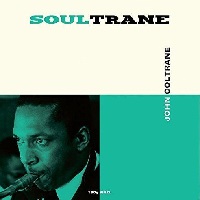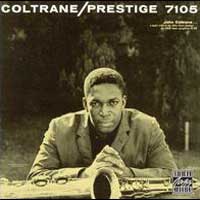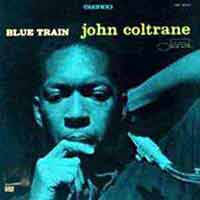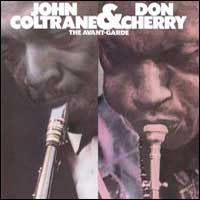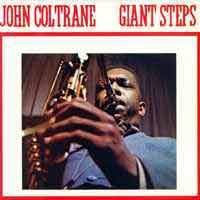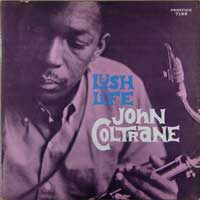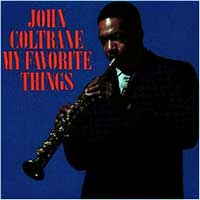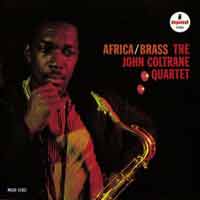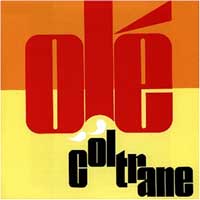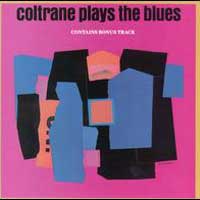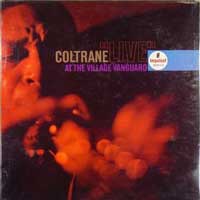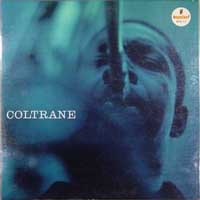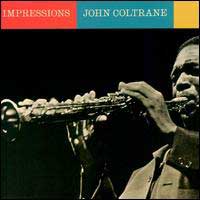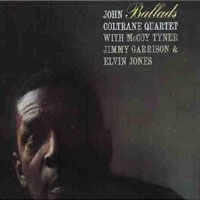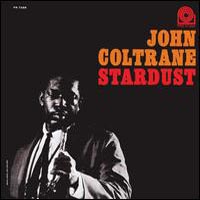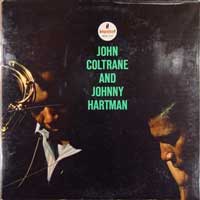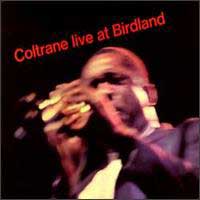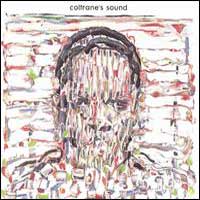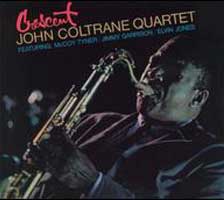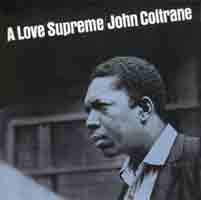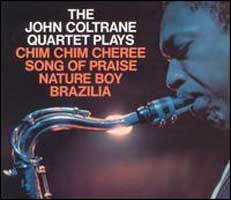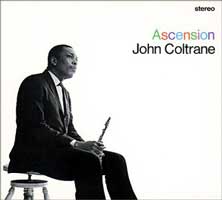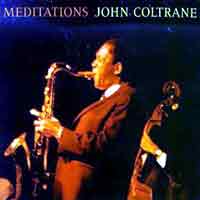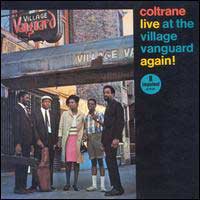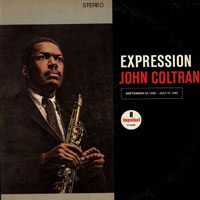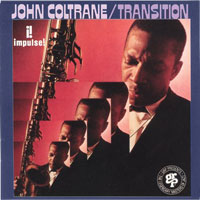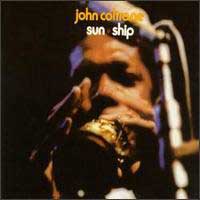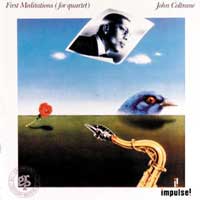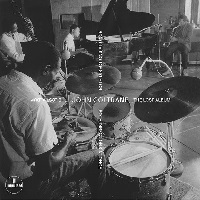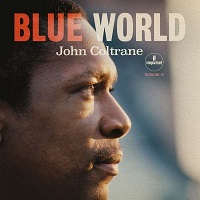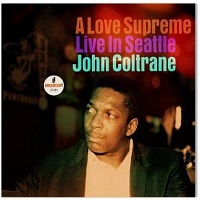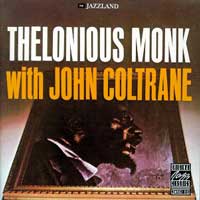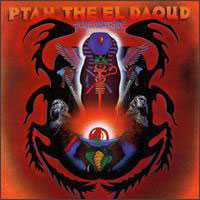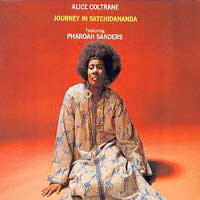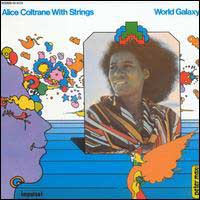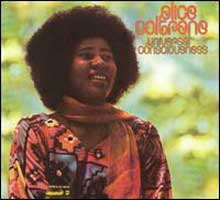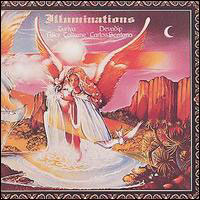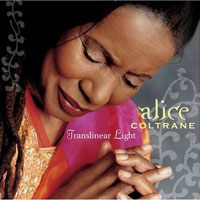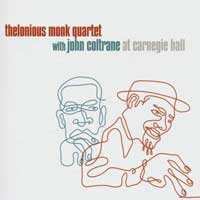Arguably the pick of Traneãs output for producer Bob Weinstockãs indie label Prestige, Soultrane was recorded on 7 February 1958 and found the saxophonist in the company of pianist Red Garland and bassist Paul Chambers, both of whom he was familiar with from his time in Miles Davisã band during the late 50s. Completing the line-up is drummer Art Taylor, who holds down a swinging groove. This hard bop session comprises five tunes ã though, remarkably, none of them are by Coltrane ã that demonstrate his florid ãsheets of soundã style. As an entrûˋe to Coltraneãs world, this solid straight-ahead offering, whose killer cut is a hard bop deconstruction of Irving Berlinãs ãRussian Lullabyã, is a safe bet.
(www.udiscovermusic.com)
In addition to being bandmates within Miles Davis' mid-'50s quintet,
John Coltrane (tenor sax) and Red Garland (piano) head up a session featuring
members from a concurrent version of the Red Garland Trio: Paul Chambers
(bass) and Art Taylor (drums). This was the second date to feature the
core of this band. A month earlier, several sides were cut that would
end up on Coltrane's Lush Life album. Soultrane offers a sampling of performance
styles and settings from Coltrane and crew. As with a majority of his
Prestige sessions, there is a breakneck-tempo bop cover (in this case
an absolute reworking of Irving Berlin's "Russian Lullaby"),
a few smoldering ballads (such as "I Want to Talk About You"
and "Theme for Ernie"), as well as a mid-tempo romp ("Good
Bait"). Each of these sonic textures displays a different facet of
not only the musical kinship between Coltrane and Garland but in the relationship
that Coltrane has with the music. The bop-heavy solos that inform "Good
Bait," as well as the "sheets of sound" technique that
was named for the fury in Coltrane's solos on the rendition of "Russian
Lullaby" found here, contain the same intensity as the more languid
and considerate phrasings displayed particularly well on "I Want
to Talk About You." As time will reveal, this sort of manic contrast
would become a significant attribute of Coltrane's unpredictable performance
style. Not indicative of the quality of this set is the observation that,
because of the astounding Coltrane solo works that both precede and follow
Soultrane -- most notably Lush Life and Blue Train -- the album has perhaps
not been given the exclusive attention it so deserves.
(by Lindsay Planer, All Music Guide)
